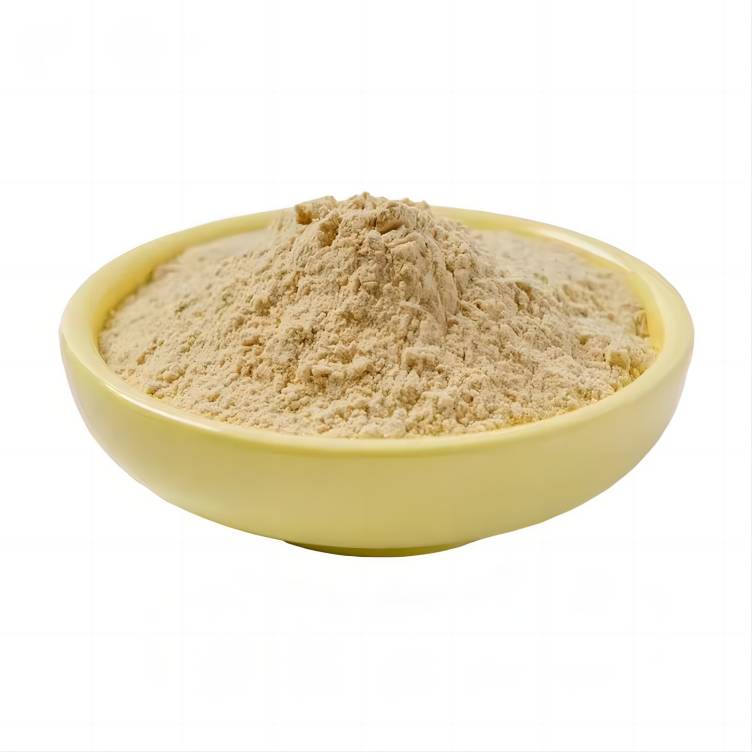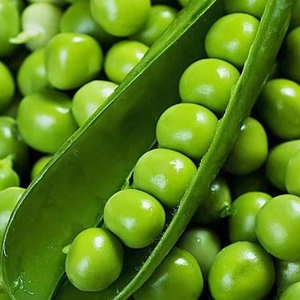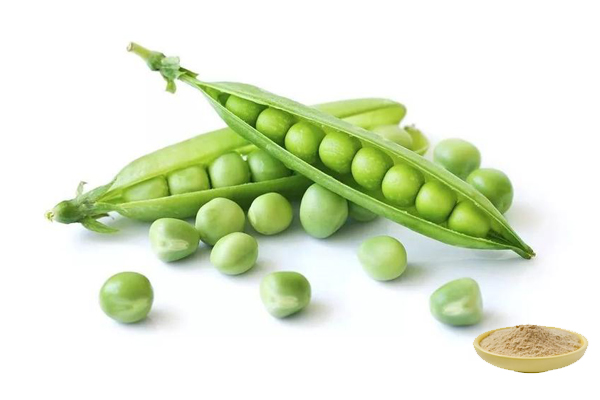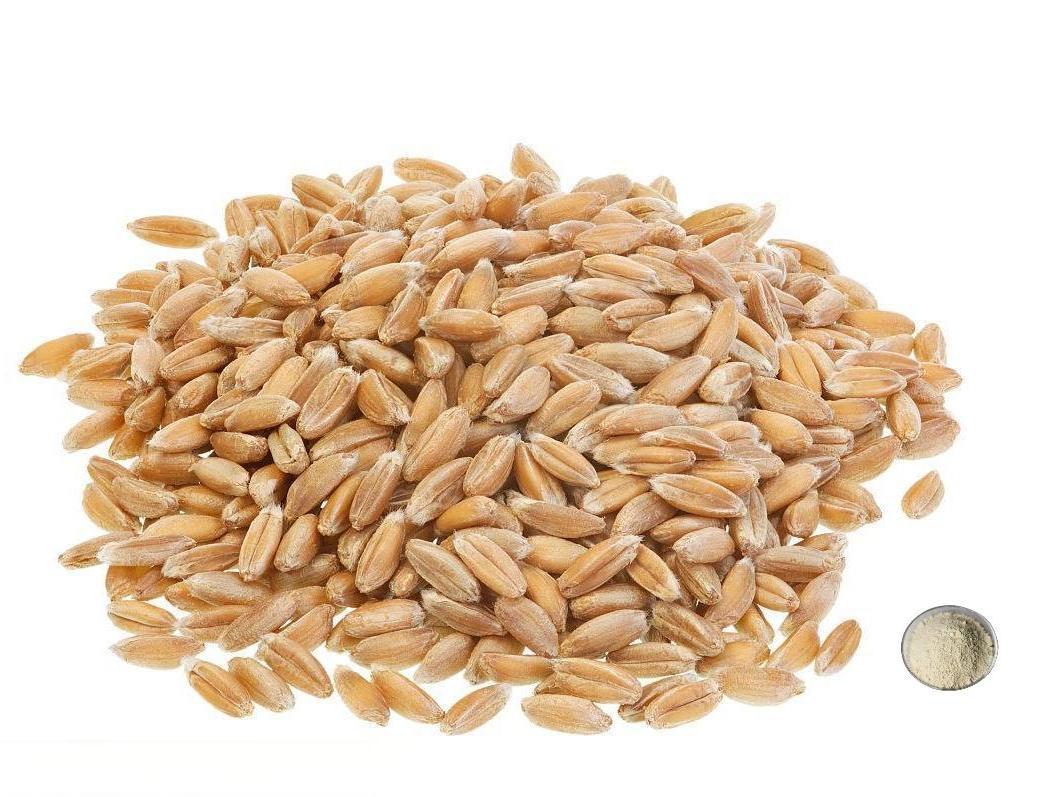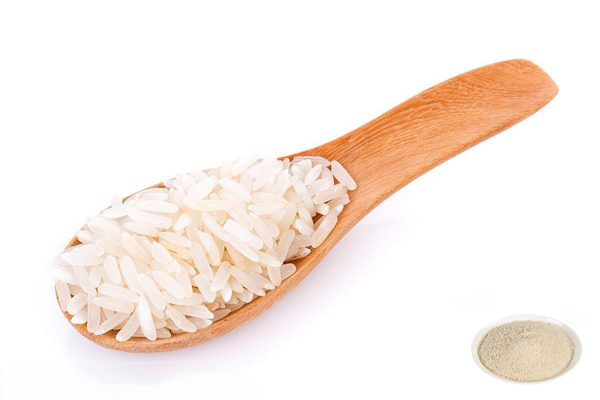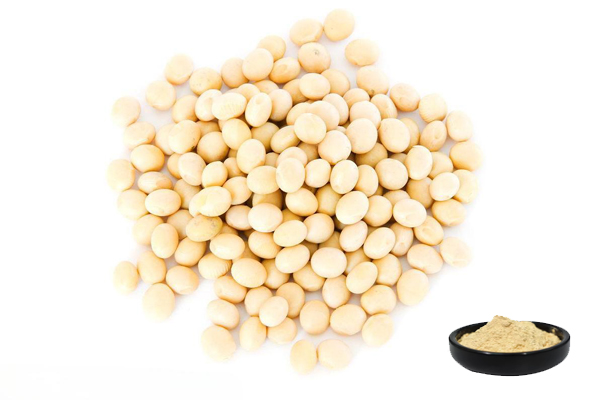80% de poudre d’isolat de protéine de pois
Source: pois
Ingrédients actifs: pois Protein Isolate
Analyse :80%, 85%,90%
Méthode d’essai :Kjeldahl détermination
Apparence: poudre Fine jaune clair
Résidu de Pesticide: conforme à la norme (ce) No 396/2005
- Description Description
- Fiche technique
- Certificat de formation
-
Qu’est-ce que la poudre d’isolat de protéine de pois?
L’isolat de protéine de pois est une poudre de protéine obtenue à partir du sous-produit de la transformation de l’amidon de pois par séchage par pulvérisation humide et séparation à l’air sec. Il a une valeur nutritive élevée, et son rapport d’acides aminés essentiels est proche du corps humain et#Il est particulièrement riche en lysine. Les isolats de pois sont couramment utilisés dans les industries alimentaires et des compléments pour améliorer la teneur en protéines d’une variété de produits, y compris les poudres de protéines, les substituts de viande, les produits sans produits laitiers et les barres protéinées.
Green Spring Technology adopte une nouvelle technologie pour séparer les composants inutiles dans la protéine de pois, produisant la protéine de pois avec peu de saveur de haricot, faible allergénicité, prix élevé des matières premières, riche en enzyme de gazon, bon antioxydant, et une composition plus équilibrée d’acides aminés.
Green Spring Technology est une société de biotechnologie leader en Chine, qui s’est engagée à fournir à ses clients des extraits de plantes naturels, sûrs et biologiques. Nos produits répondent aux normes internationales les plus élevées, y compris EC396, 2023/915 et les normes de résidus de solvants les plus élevées. Le printemps vert a une équipe professionnelle de recherche scientifique, équipe de gestion de la production, équipe de production et équipe de ventes, est commis à fournir à des clients des services techniques professionnels et de qualité. Greenspring a obtenu Halal, casher, COSMOS, BRC, IFS, FDA, ISO et de nombreuses autres certifications. Nous pouvons fournir des rapports des essais faisant autorité de tiers.
Spécification:
Nom du produit
Poudre d’isolat de protéine de pois
Nom Latin
Pisum sativum L.
Source:
Graines de pois
Ingrédients actifs
Isolat protéique de pois
spécification
80%, 85%,90%
Méthode d’essai
Détermination de Kjeldahl
apparence
Poudre Fine jaune clair
Résidus de pesticides
Conforme à la norme (ce) n ° 396/2005
Règlement:
Il est conforme à la réglementation de l’ue.
Vous cherchez un devis?Benefits:
Cholesterol and Lactose-Free
Animal proteins contain cholesterol, and excessive intake of cholesterol can lead to high blood lipids, which can cause cardiovascular diseases. Peas and other plant ingredients are cholesterol and fat-free, making them ideal for people with three highs. Pea protein is lactose-free, making it very friendly to lactose-intolerant people.
Low Levels of Anti-Nutritional Factors
Antinutritional factors may reduce the digestibility of proteins and other essential nutrients by binding strongly to them. Common antinutritional factors include alpha-galactose (bloat-prone sugars), phytic acid (chelator of important minerals), protease inhibitors (inhibit the breakdown of proteins), and lectins (sugar-binding proteins or glycoproteins of non-immune origin that tend to agglutinate cells or precipitate sugar complexes). The special production process of pea protein supplied by Greenspring Technology greatly reduces the content of anti-nutritional factors and ensures that pea protein is healthy and nutritious.
Rich in Nutrients
Pea protein is rich in nutrients such as high quality protein, fiber and B vitamins. It is an excellent source of protein and is particularly suitable for vegetarians and vegans. The protein contained in pea protein is easier to digest and absorb than other plant proteins, as well as helping to increase muscle mass and improve metabolic rate.
Non-GMO
Compared to soya protein, pea protein is less genetically modified and there are no genetically modified peas available. Most importantly, the process of producing pea protein is environmentally friendly, requiring 70 times less energy to produce 1g of pea protein compared to 1g of animal protein, and producing 1g of pea protein has 500 times less impact on greenhouse gas emissions than producing 1g of animal protein.
Helps Control Blood Sugar Levels
Pea protein is rich in fibre, which helps to slow down the absorption of food in the digestive system, thus helping to control blood sugar levels. Pea protein also contains an ingredient called pea globulin, which slows down the absorption of carbohydrates in the intestines, thus further reducing blood sugar levels.
Prolongs Satiety
Pea protein prolongs satiety, and retains dietary fiber better, absorbing more muscle-synthesising nutrients while satiating the stomach. A study comparing pea protein to dairy protein showed that pea protein aggregates briefly in the stomach and has an intestinal bioavailability between whey protein and casein. Meals containing pea protein and dairy protein were equally effective in triggering gastrointestinal satiety signals.
Hypoallergenic
Pea protein is a hypoallergenic food, like its warm taste, has a mild gastrointestinal reaction. Having lactose intolerance or allergies to wheat gluten and soybeans, the gastrointestinal tolerance to pea protein is higher than other types of protein powder, which does not cause bloating. It can also be consumed by people with gastrointestinal sensitivity.
Applications:
In the Food Field:
Due to its good functional properties, such as solubility, water absorption, emulsification, foaming, and gel formation, pea protein can be used as a food ingredient in meat processing, plant-based dairy products, plant-based ice creams, recreational food products, etc., to improve the quality and nutritional structure of the products.
Pea protein can be used to fortify beverages with nutrients in plant-based beverages and plant-based milks such as protein shakes, sports drinks and protein juice blends. This can meet the needs of different consumers for nutrients in beverages. Sports nutrition products represented by pea protein are rich in three essential branched-chain amino acids, namely leucine, isoleucine, and valine, which can promote muscle growth. At the same time, pea protein has a higher digestibility and a more balanced amino acid composition, making it an exceptional nutrient.
-
Get Your Free COA
-
Télécharger le document
Cosmos Green Spring Technology
Télécharger le documentHalal Green Spring Technology
Télécharger le documentKosher Green Spring Technology


 Anglais
Anglais français
français espagnol
espagnol russe
russe coréen
coréen japonais
japonais



